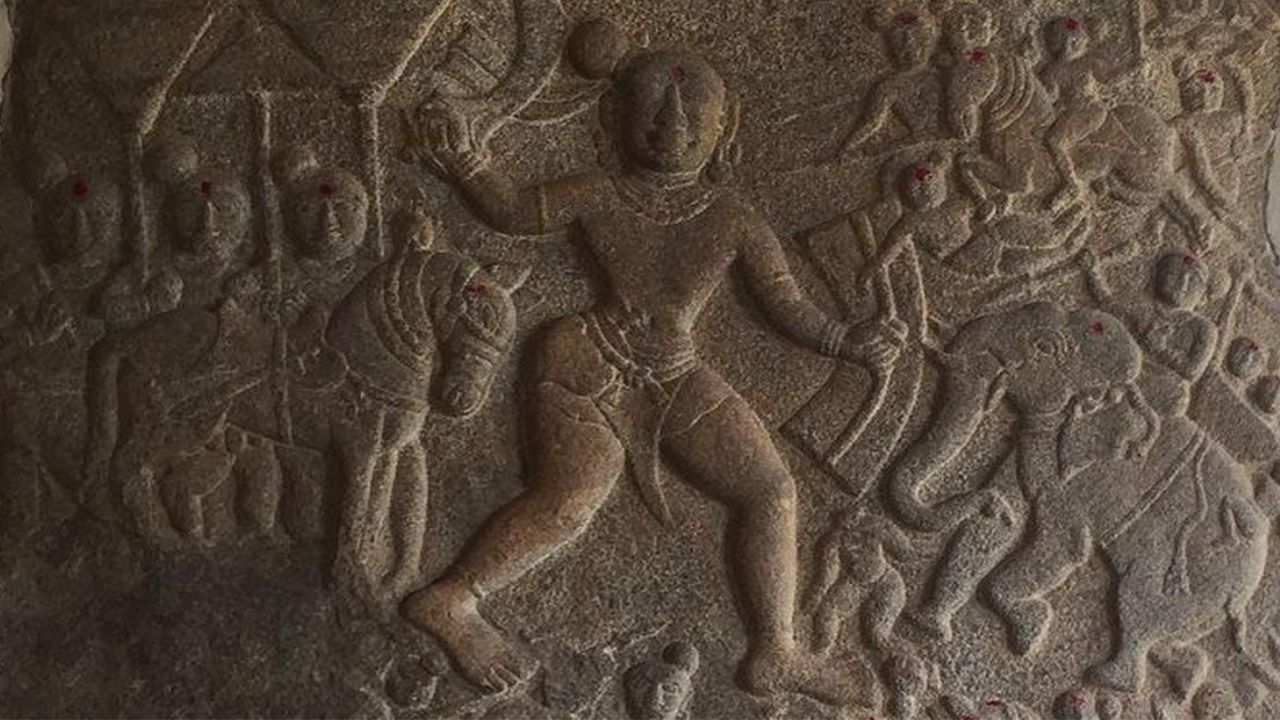
Pandora’s Box
Read More
Sanity Break #1
Polish photographer Cris Froese took two years to film a delightful sequence of photos that makes it look as though he is packing the moon into the boot of his car.

Headlines that matter
Check out this edition for the most important stories from around the world today!

Sanity Break #2
NWA or Niggaz Wit Attitudes was a seriously edgy and controversial hip hop group back in the late 80s. And ‘Straight Outta Compton’ is one of their biggest songs. So of course someone turned it into a German polka number—and it’s hilarious even if you have no clue about NWA.

Feel Good Place
Need an immediate pick-me-up? We have you covered! From hilarious animal clips to stuff that’ll make you go “lol why?!”, we have all you need to keep you sane on even your worst hair day.







